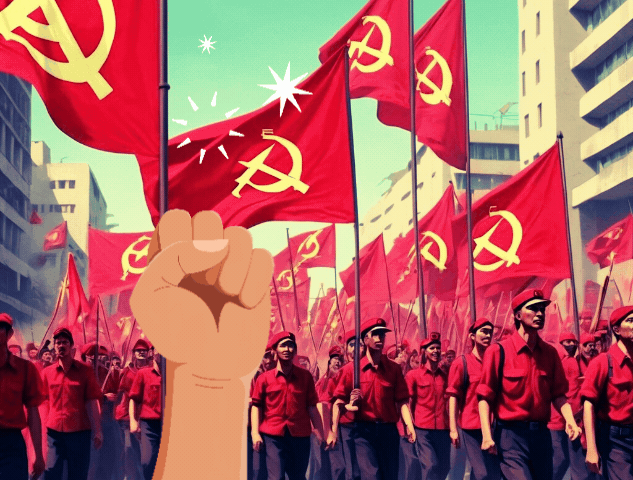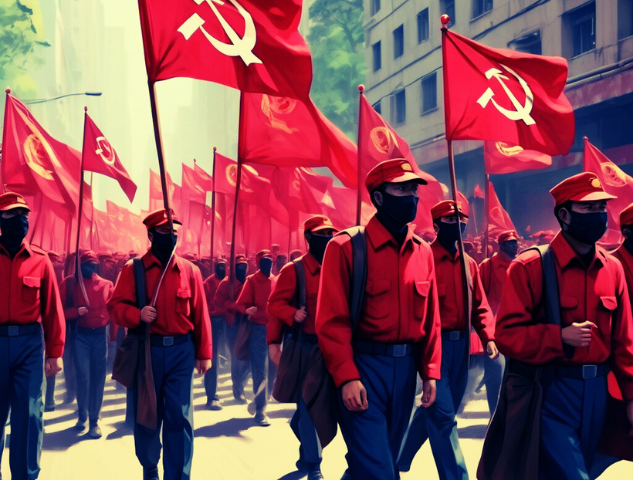Recent Posts
Newsletter
Subscribe to our newsletter to get our latest update & news consenter
Subscribe to our newsletter to get our latest update & news consenter
Communism is a political and economic ideology that advocates for a classless, stateless society where the means of production are communally owned. It emerged as a response to the perceived injustices of capitalism, aiming to eliminate private property and establish a system where wealth and resources are distributed based on need. Rooted in the ideas of Karl Marx and Friedrich Engels, Communism has significantly influenced global history, particularly in the 20th century, leading to the establishment of Communist states and the global ideological struggle known as the Cold War.


>>Foundations of Communist Thought
Communism is deeply rooted in the works of Karl Marx and Friedrich Engels, who laid the theoretical foundations for the ideology. Their seminal works, "The Communist Manifesto" and "Das Kapital," critique the capitalist system and outline the principles of a Communist society. Central to Communist thought is the concept of dialectical materialism, which views history as a series of class struggles driven by material conditions. Marx and Engels argued that capitalism inherently leads to exploitation and alienation, and that the working class, or proletariat, must overthrow the bourgeoisie to establish a classless society.
It is estimate that between 100-200 million individuals were killed during the following: